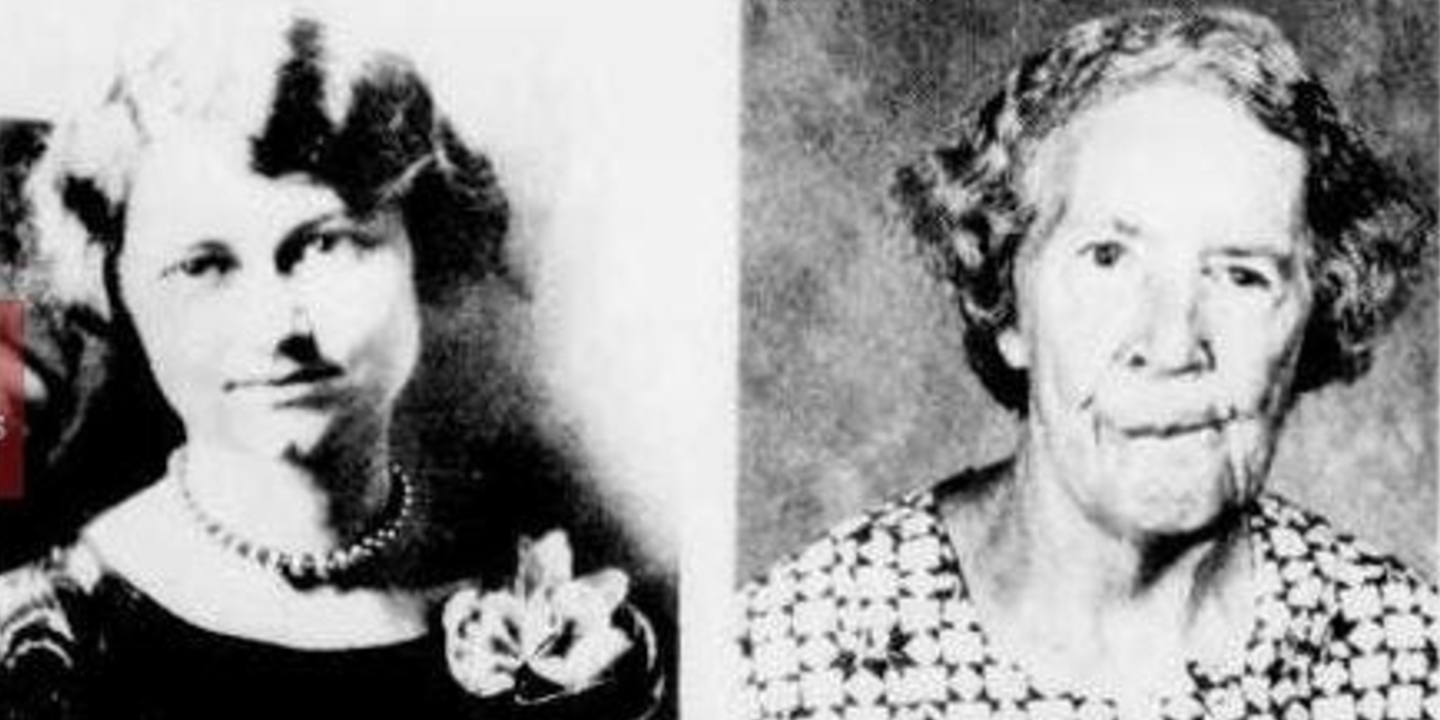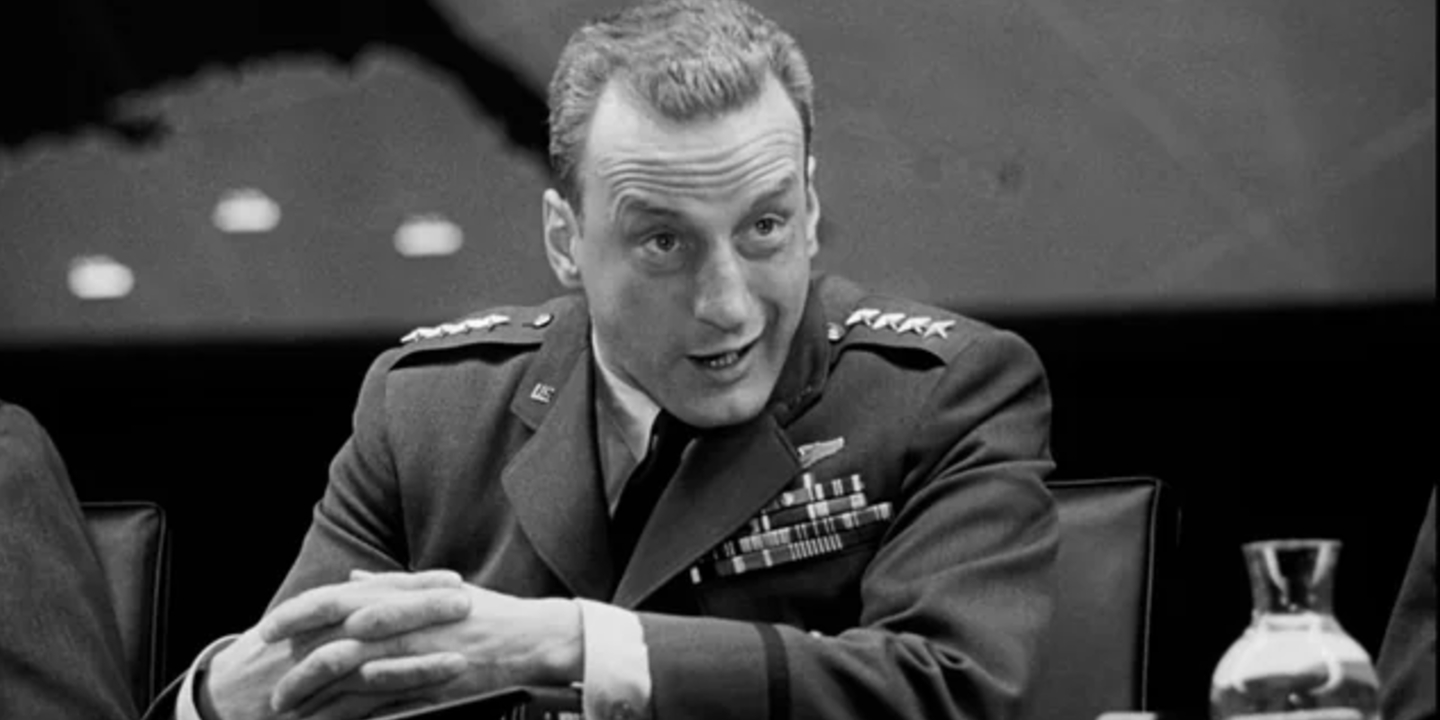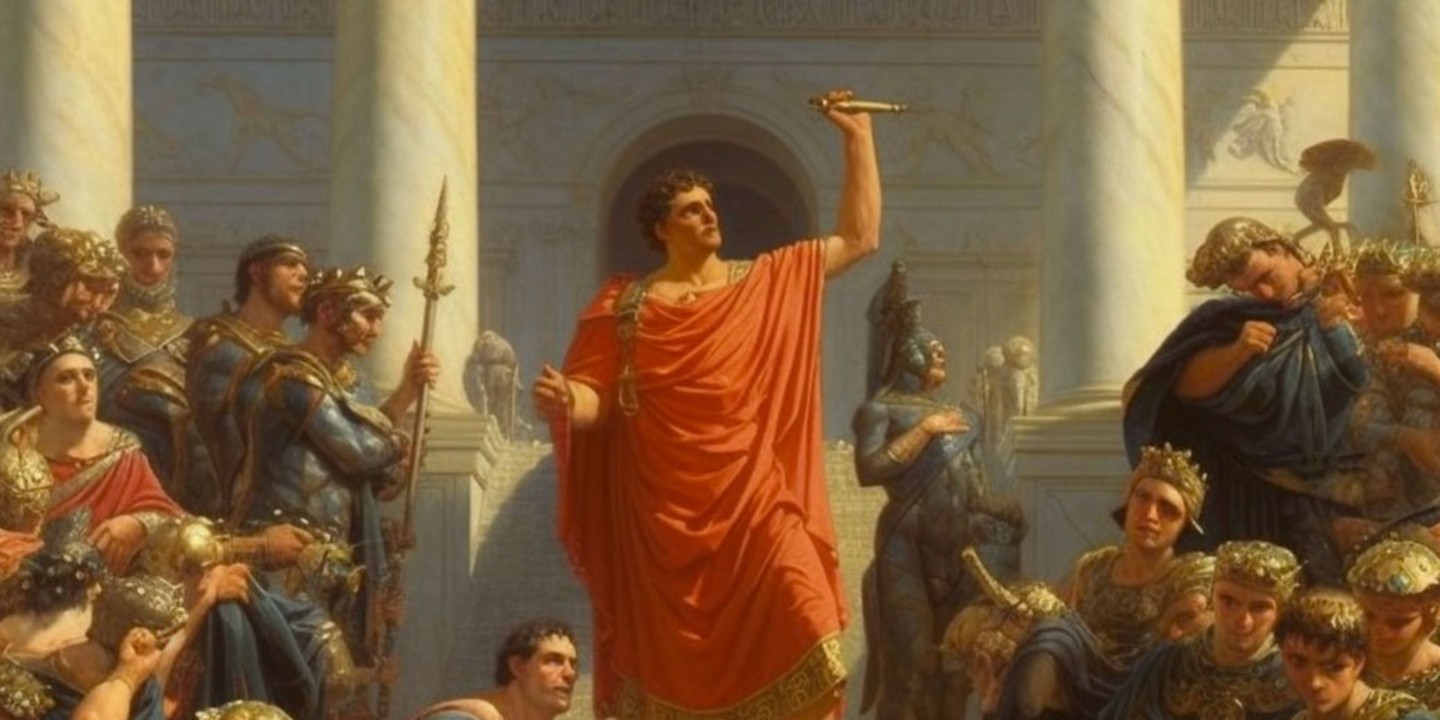20 Seemingly Minor Events That Had Enormous Impact On The World
Small Event, Huge Impact
Ever heard of the butterfly effect? Well, it’s essentially when something small happens in one place and goes on to impact so many other things that the overall amplification is huge. While not all of these are butterfly effects, these events do involve a relatively minor action that practically changed the course of history.
1. Saving the World
In 1983, a computer malfunction in the Soviet early warning system detected incoming US missiles. Officer Stanislav Petrov trusted his intuition and didn't retaliate, believing it to be a false alarm. His composure averted a nuclear war and saved millions of lives, showing how one decision can alter history.
2. Baseball Tryouts
In 1947, Fidel Castro went to the United States to audition for the Washington Senators baseball team. He failed to be accepted and gave up his dream of becoming a baseball player to become a politician. In this way, a trivial choice sent Castro on the path to becoming Cuba's revolutionary leader.
 Unknown (Mondadori Publishers) on Wikimedia
Unknown (Mondadori Publishers) on Wikimedia
3. Penicillin
A small event that had an enormous impact on history was the accidental discovery of penicillin by Alexander Fleming. He was conducting an experiment searching for antibacterial substances when he left a petri dish open. As mold began to form on the dish, he noticed that bacteria could not live in close proximity to the mold. This discovery led to the development of antibiotics, which have prolonged human lives and saved millions of lives around the world.
 Calibuon at English Wikibooks, cropped by User:AlanM1 on Wikimedia
Calibuon at English Wikibooks, cropped by User:AlanM1 on Wikimedia
4. Ogedei
The passing of Ogedei, son of Genghis Khan, had long-term consequences. At the time of the incident, the Mongol Empire was conquering the heart of Eastern Europe. However, Ogedei's sudden death caused the army and many of the empire's most important leaders to return to Karakorum in order to settle disputes over succession. This put an end to Mongol expansion into Europe and led to the empire's fragmentation, paving the way for Kublai Khan and the later Chinese dynasty.
5. The Enclosure Movement
The Enclosure Movement of Great Britain began when common pastures were fenced and poor residents were forced to pay rent or relocate. This created mass displacement that pushed people toward cities and fueled industrial labor. The change also prompted migration to the colonies, altering demographics and global expansion.
6. Fritz Haber
In 1910, Fritz Haber invented the Haber Process in Germany to transform atmospheric nitrogen into ammonia. This might not sound like a big deal, but his process allowed fertilizer to be mass-produced, for the first time in history feeding billions across the world. It also had military use: it allowed Germany to produce explosives in World War I.
7. The Silk Road
Most merchants on the Silk Road didn't travel far: they bought goods in one place and sold them locally. In the great chain of those repeated exchanges, the routes stretched from China to Rome. On the surface, it looks like petty commerce, but it was enormously lucrative, underpinning social policies and affecting the success or failure of many rulers. The Silk Road also spread ideas, cultures, and infectious diseases.
8. Multinational Company
Amid their war with Spain, some Dutch merchants, financially stretched, sought ways to generate greater profits from Far Eastern trade. Their response: the VOC, the first multinational company, and the invention of stock as a financial instrument. These decisions would permanently and profoundly change global commerce in ways impossible to overstate.
9. Martin Luther’s Complaints
The posting of Martin Luther's Ninety-Five Theses in Wittenberg would set off a chain reaction in Europe that would change the course of European history. Luther's list of complaints against the Catholic Church launched the Protestant Reformation, which would undercut the power of religious authority in Europe that had held sway for centuries. The Reformation would go on to alter the balance of political and social power on the continent.
 Lucas Cranach the Elder on Wikimedia
Lucas Cranach the Elder on Wikimedia
10. Melted Chocolate
The melting of a chocolate bar in the pocket of a scientist led to the discovery of microwaves. The discovery was made by a Raytheon researcher who was working near some radar equipment. The development of this technology led to the creation of the first microwave oven, which has changed the way food is cooked globally.
11. Grains and Yeast
Humans didn't so much invent beer as stumble across it. The discovery of fermentation, when wild yeast in the air began turning grains left out in the open into beer, probably happened in Mesopotamia, Persia, or Egypt at some point in the fourth or fifth millennium BCE. The transformation of a few seeds, once water and yeast were added, into a potent beverage would not have been entirely lost on the people of the time.
12. Father of Western Civilization
One almost trivial choice with huge ramifications is Themistocles persuading the Athenians to build a naval fleet with some newly discovered silver, c. 490 BCE. Bluffing that the Persians were planning to invade, he was able to get the necessary funds to build the ships, which went on to decisively defeat the Persian fleet in the Battle of Salamis, and thus preserve Greek independence. This led to the rise of classical Greece, and the subsequent rise of Rome, and ultimately, Western civilization.
 Johannes Petrus Albertus Antonietti on Wikimedia
Johannes Petrus Albertus Antonietti on Wikimedia
13. Franz Ferdinand
Archduke Franz Ferdinand of Austria was driving through Sarajevo on June 28, 1914, when a wrong turn had an incalculable effect on the world. Sticking to their original route, the Archduke and his wife were approached by Gavrilo Princip. Their passing led to mobilizations and declarations of war among European nations within a few weeks and set the continent on a path to World War I.
14. A Monkey Bite
The unforeseen result of a simple incident, a monkey bite, would prove to have a grave outcome for Greece and the Greco-Turkish War. King Alexander I of Greece's passing from infection after the bite precipitated national elections that unseated Venizelos and reinstalled Constantine I, making the Allies rescind their support of the Greek military in Turkey. This had a direct impact on the outcome of the Greco-Turkish War, resulting in the destruction of Smyrna.
 Charles Chusseau-Flaviens on Wikimedia
Charles Chusseau-Flaviens on Wikimedia
15. Mount Tambora
In 1815, Indonesia's Mount Tambora erupted with such force that it is considered one of the most violent in history. Ash clouded the skies, traveling around the world, reducing sunlight to lower temperatures. This "Year Without a Summer" created crop failures, famine, and mass migration. Migrations, crop failures, and weather changes altered entire populations and events, providing inspiration for Frankenstein.
 Jialiang Gao (peace-on-earth.org) on Wikimedia
Jialiang Gao (peace-on-earth.org) on Wikimedia
16. Siege of Kaffa
The Siege of Kaffa in 1346 was one of the first uses of biological warfare when the Mongols catapulted plague-infected corpses over the city walls. Genoese merchants who fled Kaffa took the disease with them to Europe, unwittingly spreading it. This single incident helped to cause a major disease that ravaged European society.
17. A Coin Toss
In 1971, trivial decisions had colossal consequences for technology and entertainment. Bill Gates and Paul Allen agreed on the name “Microsoft” for their new venture. Meanwhile, Nolan Bushnell and Ted Dabney flipped a coin to decide whether to name their company “Atari” or “Syzygy.” These small decisions influenced the development of the software and video game industries, illustrating how tiny choices can have significant impacts.
18. A Foggy Blessing
If there had not been a mysterious fog on August 29, 1776, during the American Revolution, George Washington’s army might have been destroyed, and the American Revolution might have failed. At this point in the war, the British were closing in on the rebel army on Brooklyn Heights. But a mysterious fog rolled in just as the British were about to make their move. This saved Washington and his men because they were able to secretly cross the East River under cover of the fog.
 Paul Pastourmatzis on Unsplash
Paul Pastourmatzis on Unsplash
19. Drusus Fell Off a Horse
A trivial incident with large repercussions was the passing in 9 BC of Nero Claudius Drusus, son of Augustus. Falling from his horse while out hunting, he did not survive the injury. Had Drusus lived, a significant revolt might have been suppressed; without him, it succeeded. Germania was abandoned by the Romans following the Battle of the Teutoburg Forest, in which three legions were defeated.
 Saperaud~commonswiki on Wikimedia
Saperaud~commonswiki on Wikimedia
20. 30 Years War
A small act with momentous historical impact was the Second Defenestration of Prague in 1618. In a religious dispute between Catholics and Protestants, four Catholic officials were tossed from a window, triggering the Thirty Years’ War. This conflict eventually resulted in the Peace of Westphalia, which created the modern system of sovereign states, still in place today.
KEEP ON READING

The Woman Without A Name
Mary Doefour was the woman without a name. In 1978,…
By Robbie Woods Dec 3, 2024
The 10 Worst Generals In History
Bad Generals come in all shapes and sizes. Some commanders…
By Robbie Woods Dec 3, 2024
10 Historical Villains Who Weren't THAT Bad
Sometimes people end up getting a worse reputation than they…
By Robbie Woods Dec 3, 2024
One Tiny Mistake Exposed A $3 Billion Heist
While still in college, Jimmy Zhong discovered a loophole that…
By Robbie Woods Dec 3, 2024
The Double Life And Disturbing Death of Bob Crane
Bob Crane was the star of Hogan's Heroes from 1965-1971.…
By Robbie Woods Dec 3, 2024
The Most Surprising Facts About North Korea
North Korea may be the most secretive state in the…
By Robbie Woods Dec 3, 2024













